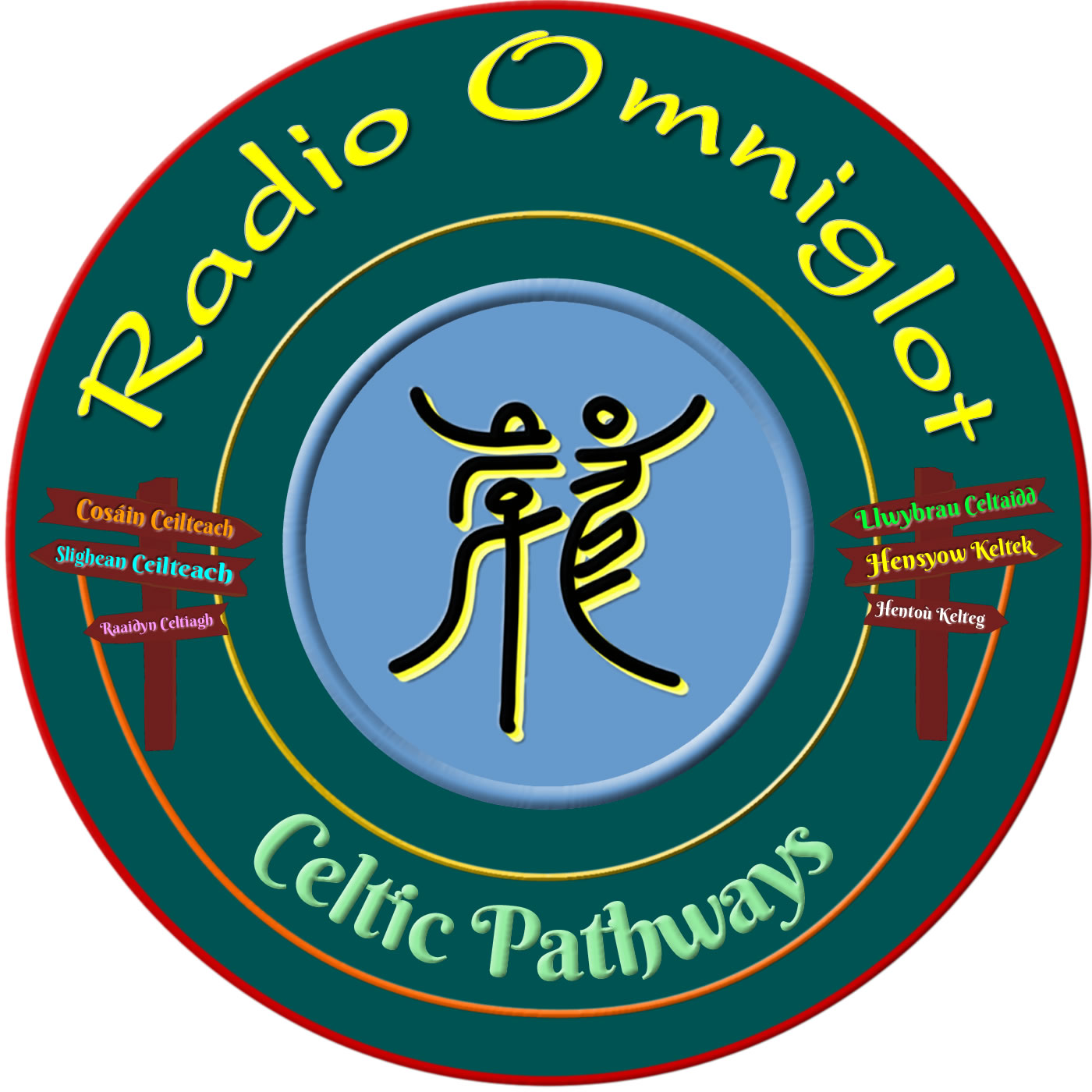Podcast Episode Details
Back to Podcast Episodes
Celtic Pathways - Herons
Episode 91
In this episode we uncover the possible Celtic roots of words for heron in Romance languages.
The Proto-Celtic word *korxsā / *korxsiyos means heron or crane [source], and possibly comes from Proto-Indo-European *(s)kreik- (to screech, creak), which is imitative in origin [source].
Descendants in the modern Celtic languages include:
- corr [kəuɾˠ] = (grey) heron, stork, crane, leg-necked person in Irish
- corra [kɔr̪ˠə] = heron, stork, crane in Scottish Gaelic
- coar = heron, stork, crane in Manx
- crychydd [ˈkrəχɨ̞ð / ˈkrəχɪð] = heron in Welsh
- kerghydh = heron in Cornish
- kercʼheiz [kɛrˈɣɛjs] = heron in Breton
Words from the same Proto-Celtic roots, via Celtiberian *cárcia (heron) or Gaulish curcio (heron), possibly include garza (heron) in Galician, garza (heron) in Spanish, and garça (heron) in Portuguese [source].
The Welsh word crëyr [ˈkreː.ɨ̞r / ˈkreː.ɪr], which means heron or egret, probably comes from the same PIE roots, as do reiger (heron) in Dutch, Reiher (heron) in German, häger (heron) in Swedish, heron and egret in English, and haikara (heron, stork) in Finnish [source].
More details of heron-related words can be found in the Celtiadur post Herons.
Radio Omniglot podcasts are brought to you in association with Blubrry Podcast Hosting, a great place to host your podcasts. Get your first month free with the promo code omniglot.
